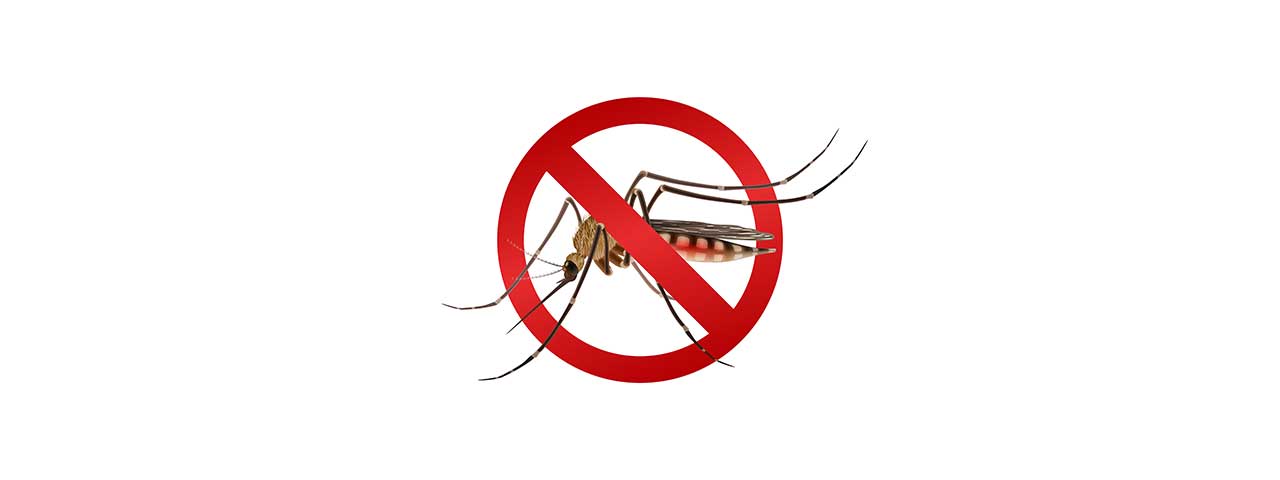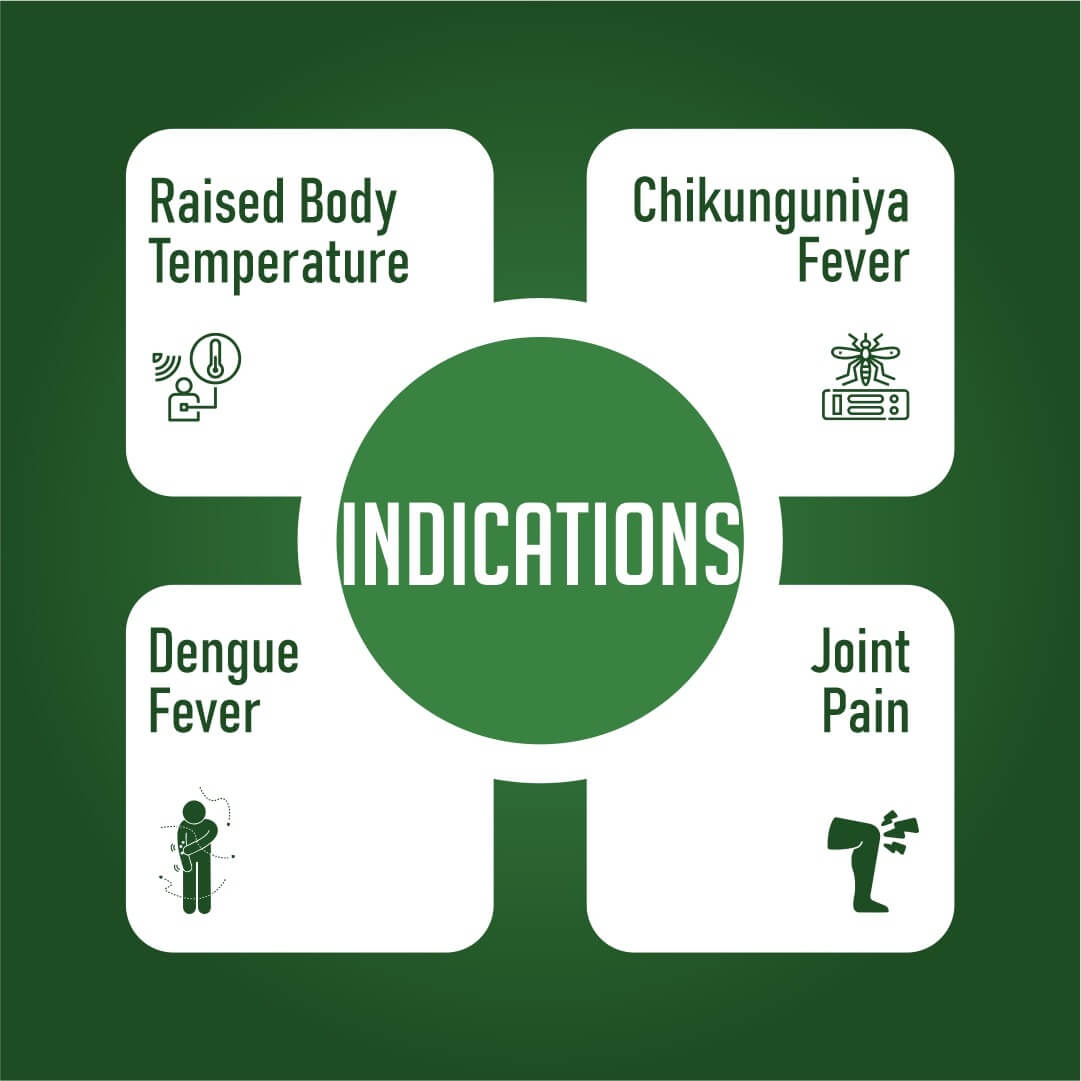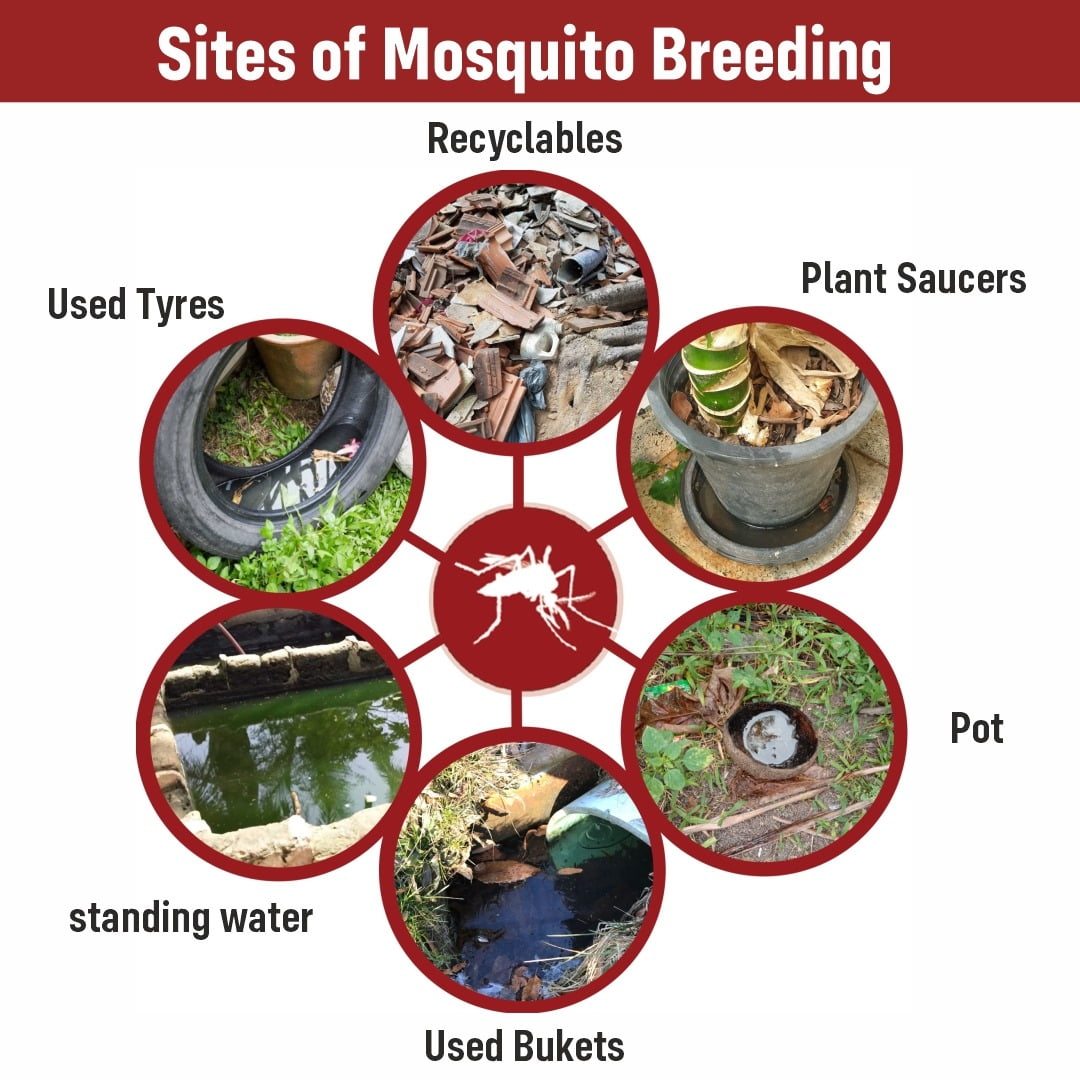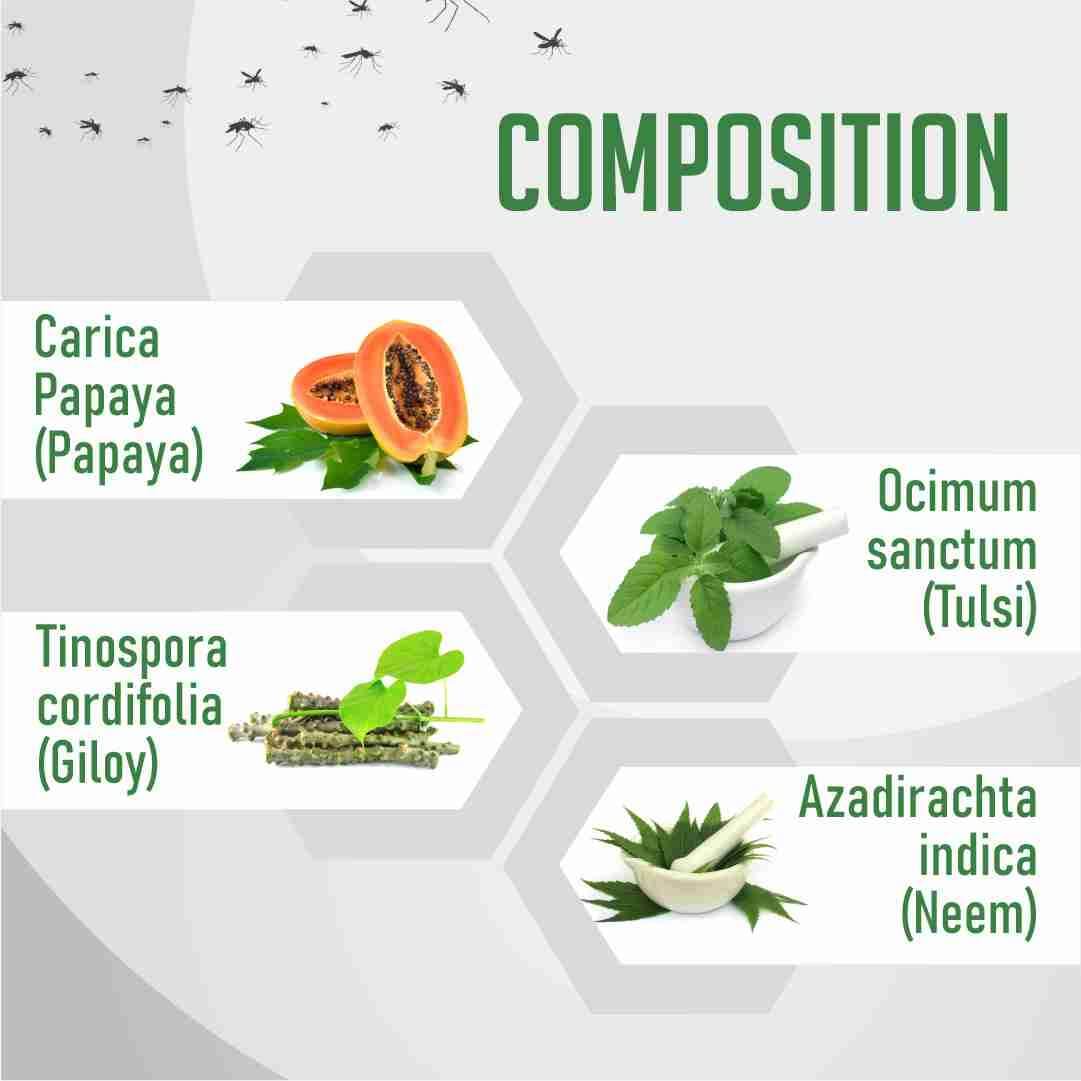Dengue is a viral infection caused by the dengue virus, which is primarily transmitted to humans through the bites of infected female mosquitoes, most commonly Aedes aegypti and Aedes albopictus.
Symptoms:
The symptoms of dengue can vary depending on the severity of the infection.
Most people who get dengue won’t have symptoms. But for those that do, the most common symptoms are high fever, headache, body aches, nausea and rash. Most will also get better in 1–2 weeks. Some people develop severe dengue and need care in a hospital.
In severe cases, dengue can be fatal.
Dengue is treated with pain medicine as there is no specific treatment currently.
Most people with dengue have mild or no symptoms and will get better in 1–2 weeks. Rarely, dengue can be severe and lead to death.
If symptoms occur, they usually begin 4–10 days after infection and last for 2–7 days. Symptoms may include:
high fever (40°C/104°F)
severe headache
pain behind the eyes
muscle and joint pains
nausea
vomiting
swollen glands
rash
Individuals who are infected for the second time are at greater risk of severe dengue.
Severe dengue symptoms often come after the fever has gone away:
- severe abdominal pain
- persistent vomiting
- rapid breathing
- bleeding gums or nose
- fatigue
- restlessness
- blood in vomit or stool
- being very thirsty
- pale and cold skin
- feeling weak
- severe abdominal pain
- persistent vomiting
- rapid breathing
- bleeding gums or nose
- fatigue
- restlessness
- blood in vomit or stool
- being very thirsty
- pale and cold skin
- feeling weak.
People with these severe symptoms should get care and treatment right away.
How to prevent Dengue?
You can lower your risk of dengue by avoiding mosquito bites especially during the day. (1)
Preventing dengue involves taking measures to avoid mosquito bites and reducing mosquito breeding sites like
Use Mosquito Repellents
Wear Protective Clothing
Use Mosquito Nets
Stay Indoors during peak mosquito activity times, which are usually early morning and late afternoon.
Eliminate Mosquito Breeding Sites: Empty, clean, or cover containers that can hold water, such as flower pots, buckets, discarded tires, and pet bowls.
Keep Gutters Clean: Clean clogged gutters and drains to prevent water accumulation.
Use Larvicides: For larger water containers that cannot be emptied, use larvicides to kill mosquito larvae.
Cover Water Storage Containers to prevent mosquitoes from accessing them.
Maintain Swimming Pools: properly chlorinatE and clean regularly to avoid becoming a breeding site.
Support Community Efforts: Participate in community initiatives to control mosquitoes, such as local mosquito control programs or clean-up campaigns.
Stay Informed: Stay informed about dengue outbreaks and public health advisories in your area.
Remember that preventing dengue is a collective effort. Preventing mosquito bites is crucial in reducing the risk of dengue infection.
TREATMENT:
There is no specific treatment for dengue. The focus is on treating pain symptoms. (1)
After recovery, people who have had dengue may feel tired for several weeks.
Severe dengue can be life-threatening and requires immediate medical attention.
There is no specific antiviral treatment for dengue, so management typically involves supportive care to alleviate symptoms and prevent complications.
Early detection by consulting a doctor and investigations is essential. It is essential to stay hydrated and control fever with appropriate medications (as advised by Doctor).
HOMOEOPATHIC MANAGEMENT
There are several references in the literature for treatment of dengue with homeopathic medicines. The aim of treatment is to provide symptomatic improvement, minimize complications and promote early recovery.
Suggestive list of drugs is as follows, however, physician may choose beyond this list on the basis of indication.
For Dengue Fever: Medicines most frequently indicated in cases of classical dengue fever are Aconitum napellus, Arnica montana, Arsenic album, Belladonna, Bryonia alba, Eupatorium perfoliatum, Ferrum phosphoricum, Gelsemium, Ipecacuanha, Natrum muriaticum, Nux vomica, Pulsatilla and Rhus toxicodendron which are prescribed on the basis of symptom similarity.
For Dengue Haemorrhagic Fever: Homoeopathic medicines can be given only as an add on supportive therapy. The group of medicines usually indicated includes Carbo vegetabilis, China officinalis, Crotalushorridus, Ferrum metallicum,Hamamelis, Ipecac., Lachesis, Millefolium, Phosphorus, Secale cornutum and Sulphuric acidum.


 Deal 1
Deal 1




